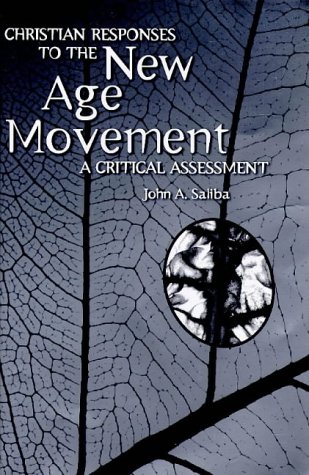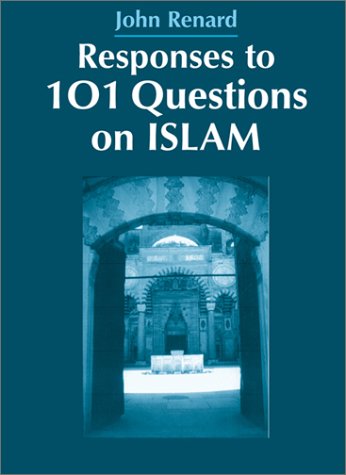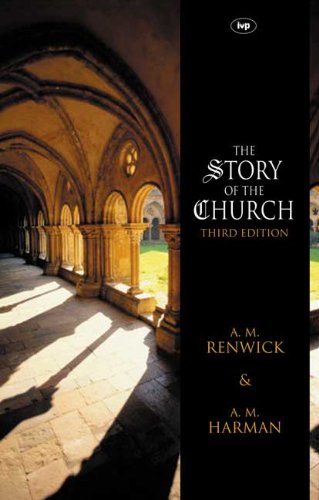The People’s Bible Commentary
Written by Tring, Herts: Bible Reading Fellowship Reviewed By David JackmanThese are among the earliest volumes to appear in a new series of daily Bible readings, planned to cover the whole Bible, and seeking to combine scholarly reflection with personal devotion and application. The general editors are Dr Richard Burridge, Dean of King’s College, London, Dom Henry Wansborough, Master of St Benet’s Hall, Oxford and Canon David Winter. Contributors are to be drawn from a wide range of Christian traditions and several different countries, The aim is to produce expositors notes in accessible language, in order to ‘instruct the head and warm the heart’. Clearly, the market is a wide one; from personal Bible study, through house groups, to pulpit preaching. Each book is attractively produced, the studies being numbered but undated, with a clear, easy-to-follow presentation, and ending with a reflective question, prayer or thought. Each passage is allotted a double spread, although the length of comment varies considerable.
At a time when personal Bible reading seems to be at a low ebb in the churches, anything that encourages Christians into a more regular, disciplined and rewarding study of God’s Word is of benefit and has great potential for good. The editors and authors are certainly to be commended for their project, but as always with a multi-author undertaking of this size the end result is bound to be variable in its success from volume to volume. Even this selection represents a wide range of attitudes towards the authority of the Biblical text and a consequent variety of hermeneutical method, though all within the publishers’ rubric of ‘a reverent attitude to Scripture’.
The narrative OT material is largely descriptive and explanatory of the text, often with useful background and detail, but comparatively weak on contemporary application and with very little NT reference. By contrast, Grace Emmerson wants to rescue the last six short books of the OT from ‘gathering dust’, for the benefit of the contemporary church. Her methodology affirms ‘the continuity of both the Old and New Testaments, showing that they are indeed one Bible’, but seeing also ‘the contrasts between them which make the New Testament radically new’ (13). This leads to a much more satisfying Christian application of the text, a feature which is even stronger in Donald Coggan’s stimulating and heart-warming treatment of Psalms 1–72. Here is careful exegesis, wide-ranging Biblical reference and, above all, finely-tuned pastoral application, which make this volume a model. There is also an excellent introduction on the value of the psalms and the Christian approach to them, including a fine section on the imprecatory psalms.
The two NT Volumes, on the gospels of Luke and John, are again distinctly different from one another. Richard Burridge’s splendid volume is strong on the ‘melodic line’ of John’s text and rich in comparative references within the fourth gospel, alerting us to double-meanings and ‘echoes’, each with didactic intent. Yet we are never allowed to lose the major theme and purpose of the gospel. The volume on Luke is strong on detail, quick to pick up on characterisation, background and vocabulary and helpful too in focusing the evangelist’s constructivist artistry in the juxtaposing of events. It is perhaps less strong on theological reflection or practical application.
The series now includes volumes on Galatians; 1 and 2 Thessalonians; 1 Corinthians; James and Jude; Chronicles to Numbers; Psalms 73–150; and Proverbs. Editor.
David Jackman
Proclamation Trust, London







